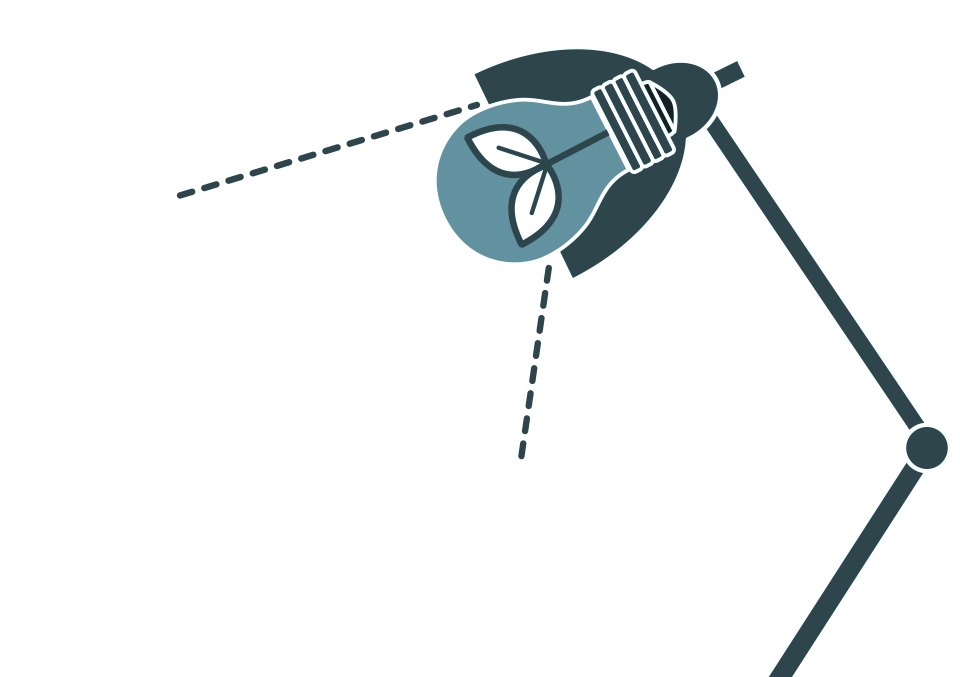In today’s blog, Alan Campbell, Research Integrity Manager in Edinburgh Research Office, highlights new government guidance which helps researchers protect their work against threats including appropriation by hostile state actors, misuse of technology for nefarious purposes and loss of publication and intellectual property rights.
A new toolkit from the UK Government helps researchers who collaborate internationally identify security threats and protect their research. The toolkit, Trusted Research Guidance for Academia, has been published by the National Protective Security Authority (NPSA) , the government authority responsible for reducing the vulnerability of the national infrastructure to terrorism, espionage and other threats.
What is the threat?
More than half of UK research is conducted with institutions overseas. In 2017-18, UK universities received some £1.39 billion in research income from overseas sources, almost a fifth of the total. International collaborations are a vital source of funding, however they also provide researchers in the UK with huge opportunities to share ideas, expertise and to learn from colleagues worldwide.
Ironically however, it is the quality of UK research and the high reputation of researchers at our institutions that makes them a target for those who may wish to appropriate or misuse their work.
The threat comes principally from organisations and institutions who operate in nations whose democratic and ethical values are different from our own. All research can be at risk, but areas around applied research are particularly vulnerable.
- Hostile state actors may use their authority to access your personal and research data through your partner institution.
- Individual researchers may be targeted by an overseas institutions to undertake research that is of strategic benefit to that country.
- Individuals may be subject to data theft and espionage through tactics such as phishing emails and surveillance while attending conferences overseas.
What are the potential consequences?
In the broadest terms, misappropriated research may enable hostile states to increase their military and technological advantage over other countries, prioritise the stability of their regimes and prevent internal dissent or political opposition.
For individual researchers, the consequences can also be grave:-
- Loss of intellectual property and misuse of research.
- Limiting your ability to publish first.
- Damage to your reputation and to the reputation of your institution.
Failure to adequately protect your research also risks the trust of the public and private industry on which so much of research relies.
How can the Trusted Research campaign help?
Visit the Trusted Research campaign website for detailed advice on identifying the risks and common sense strategies to protect your research.
The website also contains downloadable guidance in the form of a series of user friendly guides including ‘Trusted Research Guidance for Academia’, a ‘Trusted Research Checklist for Academia’ and a ‘Countries and Conferences Guide’.
For further information, please visit the Trusted Research campaign website.



